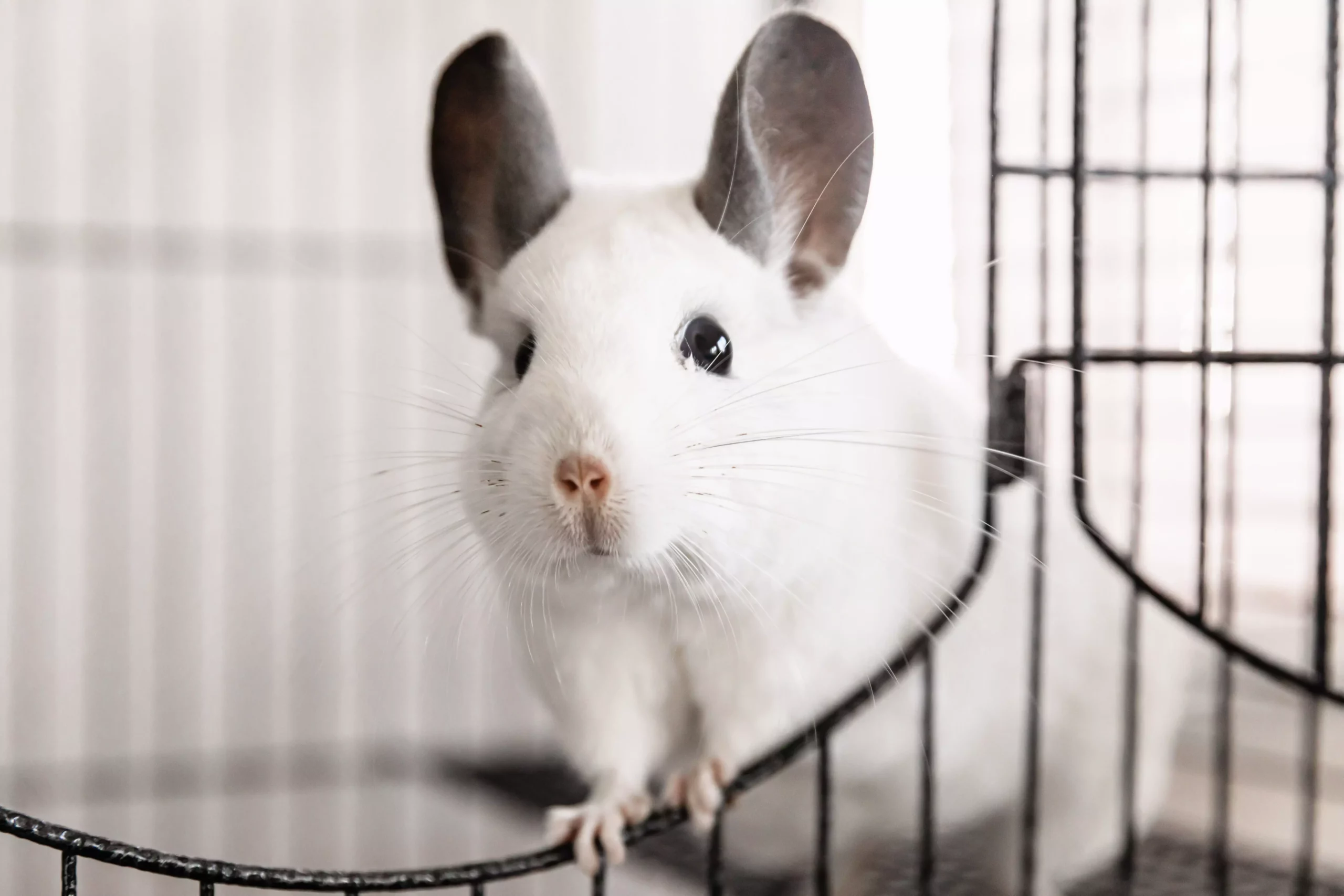Chinchillas (Chinchilla lanigera) are charming little rodents hailing from the rocky, dry landscapes of South America. Known for their stunningly soft and thick fur, they have captured the hearts of many pet enthusiasts. While they might not exhibit the same affectionate behavior as dogs or cats, chinchillas boast intriguing personalities and can form unique bonds with their owners. This article will delve into the essential aspects of chinchilla care, from their dietary needs to their living environment, ensuring that prospective owners are well-equipped to provide the best care for their new furry companions.
Chinchillas are primarily nocturnal and exhibit a crepuscular behavior, meaning they are most active during dawn and dusk. This active schedule necessitates a quiet daytime environment to allow them to rest without disruption. For potential owners, it’s crucial to recognize that keeping a chinchilla may affect your sleep patterns, especially if their enclosure is situated near your sleeping area. While these small rodents are generally peaceful, their nighttime activities could potentially lead to disturbances.
Gentle handling from an early age is vital. While chinchillas are not known for biting, trust-building requires patience and consistency. Each chinchilla has its personality; some may enjoy climbing on their owners rather than being held. Understanding a chinchilla’s behavioral tendencies is essential for creating a trusting relationship.
Providing an ideal habitat for chinchillas is critical for their health and well-being. Their cages should be spacious, ideally measuring at least 4 feet in height and 4 feet wide. The addition of multi-level platforms, solid flooring, and safe chew toys ensures that the chinchilla has a stimulating living environment. Given their specialized fur, chinchillas are susceptible to heat, making temperature control essential. The recommended temperature range for chinchillas is between 65°F and 80°F. Owners should avoid placing their pets in areas that may become too warm, as heat strokes can occur rapidly.
Traditional bedding materials like pine or cedar shavings are not advisable due to potential respiratory irritation. Instead, opting for dye-free paper bedding will provide a safer environment for your chinchilla. Daily spot cleaning and weekly full bedding changes can keep their living space hygienic.
Chinchillas thrive on a diet rich in hay, particularly timothy hay, which should be available at all times. This diet is crucial for maintaining optimal digestive health. Additionally, high-quality commercially available pelleted food can enrich their diet. Consultation with a veterinarian will help you determine the appropriate quantity of pellets to offer based on your chinchilla’s age and activity level. Because chinchillas are herbivores, it’s important to provide occasional treats in moderation, ensuring that all new foods are approved by your vet.
Fresh, clean water is also essential for chinchillas. Using a water bottle is often more sanitary than a dish, but it is important to monitor whether your chinchilla can use it properly. Regularly refreshing the water ensures that your pet remains well-hydrated.
Like all pets, chinchillas can experience health issues that require attentive care. Common concerns include respiratory infections, digestive problems, and dental issues due to their constantly growing teeth. Regular veterinary check-ups are an necessary part of chinchilla ownership, and owners should ensure that they have access to a vet experienced with exotic animals. Recognizing signs of illness early can make a significant difference in treatment success.
Additionally, special attention should be paid to their mental stimulation and exercise needs. Chinchillas require daily activity to stay healthy and prevent obesity. Providing a variety of toys designed for chinchillas can help keep their minds active and foster satisfying playtime. Furthermore, allowing your chinchilla to safely explore outside its cage under supervision can enhance its physical and mental well-being.
Socialization is a vital aspect of chinchilla care. Taming your chinchilla typically involves gentle petting and the use of treats to encourage interaction. It is essential to approach this process with patience, as chinchillas might take time to adjust to human interactions. Regular handling can lead to a more trusting relationship, allowing them to feel secure in their surroundings.
In addition to structured play, providing times for dust baths is pivotal for chinchillas. Unlike traditional pets that enjoy water, these creatures require dust baths using special chinchilla dust to maintain the health of their fur. Such baths, lasting around 10 to 15 minutes, should be conducted on a regular basis to keep skin and coat healthy.
If you’re considering bringing a chinchilla into your home, think about adopting from a reputable rescue or acquiring one from a trusted breeder. Breeders often provide a more comprehensive understanding of an animal’s health and background, while rescue organizations typically offer pets that are already accustomed to human interaction.
Costs can vary widely based on the source and the specific chinchilla you choose. While the initial price may range from $50 to $200, ongoing care costs will include food, bedding, and veterinary expenses, making it important to prepare for the long-term commitment associated with adopting a chinchilla.
Chinchillas can be rewarding pets with the right understanding and care. Their unique quirks and charming personalities can provide joy, but they do require commitment, patience, and tailored care. By acknowledging their needs for housing, diet, health, and social interaction, owners can ensure their chinchillas lead happy, healthy lives. As custodians of these delightful creatures, an enriching experience awaits those ready to embrace the fun and challenges that come with being a chinchilla owner.

